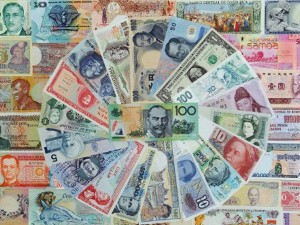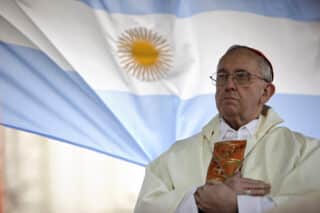
Most foreign portfolio investors divested their Philippine interests last month, letting go of holdings of listed shares, government IOUs and time deposits, and took their cash back to the United States. AFP FILE PHOTO
MANILA, Philippines—Most foreign portfolio investors divested their Philippine interests last month, letting go of holdings of listed shares, government IOUs and time deposits, and took their cash back to the United States.
The Bangko Sentral ng Pilipinas (BSP) on Thursday said that sentiment on the Philippines turned sour, reflecting the overall “bearishness” toward emerging markets around the world.
This was brought on by the US Federal Reserve’s decision last January to scale back its massive monthly bond-buying program to give the American economy a chance to stand on its own feet.
“Outflows for the month nearly doubled … as investors started to divert funds back to the United States as the economy exhibited more signs of recovery,” the BSP said in a statement.
Foreign portfolio investments, or “hot money,” reversed to a net outflow of $1.8 billion in January from a net inflow of $1.27 billion in the same month last year. This was the biggest monthly outflow on record.
Hot money investments are short-term placements that can be brought in or out of a country with ease. Most are invested in shares listed on the Philippine Stock Exchange, government securities, and peso-denominated time deposits.
Registered investments in January reached $1.3 billion—less than half the $2.8 billion in gross investments that entered the country the year before. These investments were offset by the $3.1 billion that flowed out of the country last month.
The biggest outflow was seen in investments in government securities, where $1.5 billion in cash left the country. Net outflows from listed shares reached $209 million, while outflows from time deposit stood at $169 million.
The United States, the United Kingdom, Singapore, Luxemburg and Belgium were the top five investor countries of the month, cornering 77.9 percent of the total.
The flow of hot money is the most volatile component in the country’s balance-of-payments position, which is a summary of all transactions between the Philippines and the rest of the world.


